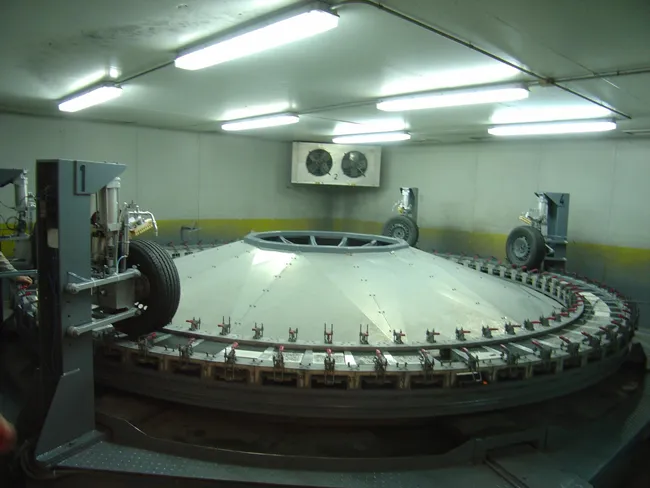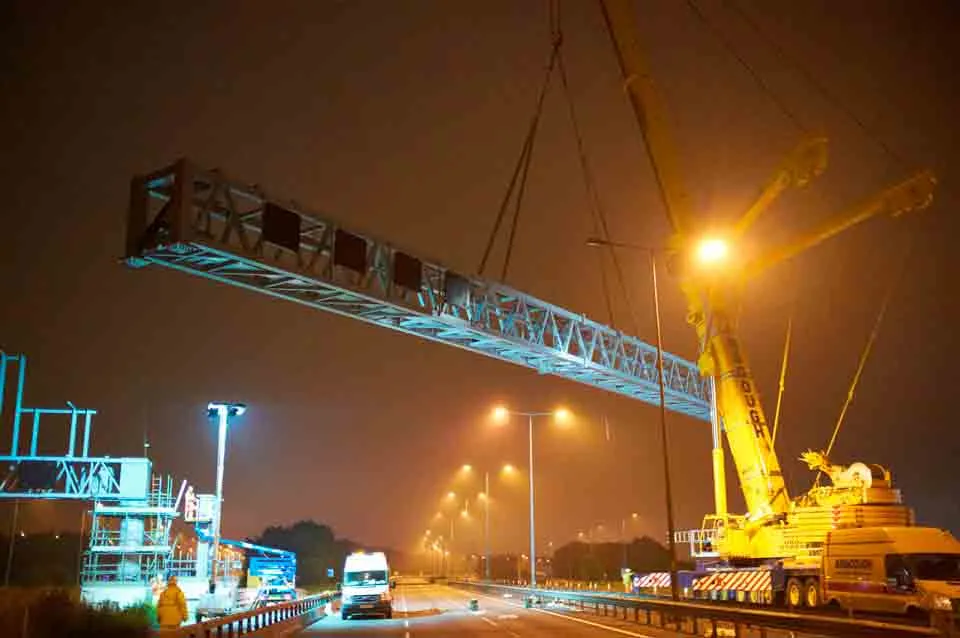The UK’s National Infrastructure Commission has shortlisted five companies including
The five companies were chosen from 81 entries submitted to the Roads for the Future initiative led by the roads authority Highways England and Innovate UK, a government agency that encourages research and innovation in many sectors.
Aecom is examining how smart traffic signals could advise drivers as to a speed they should be driving if they wish to arrive at the next set of traffic lights as they turn green.
Arup is testing its FlexKerbs system that changes roadside indicators such as for parking and limited stopping could change according to the time of day and traffic levels.
The shortlisted firms will present their ideas ranging from smart traffic lights to segregated driverless zones at a final event this autumn. All five candidates will receive €35,000 to test ideas, with around €57,000 going to the winner.
Four other commended entries are being put in contact with leading figures across government and industry to test their ideas, the commission said.
The other shortlisted companies were City Science, which is investigating how sections of roads could be dedicated to driverless cars while making it easier to manage risks as well as integrate connected and autonomous vehicles into the transport network.
Immense Solutions is examining how artificial intelligence could help sat-nav systems learn to choose routes to help driven and driverless cars avoid congestion.
Leeds City Council is investigating how data from connected cars could improve traffic light systems to reduce tailbacks.
Shortlist announced for UK’s Roads for the Future competition
The UK’s National Infrastructure Commission has shortlisted five companies including Aecom and Arup in a competition for ideas to make roads fit for driverless cars. The five companies were chosen from 81 entries submitted to the Roads for the Future initiative led by the roads authority Highways England and Innovate UK, a government agency that encourages research and innovation in many sectors. Aecom is examining how smart traffic signals could advise drivers as to a speed they should be driving if they
May 30, 2018
Read time: 2 mins









